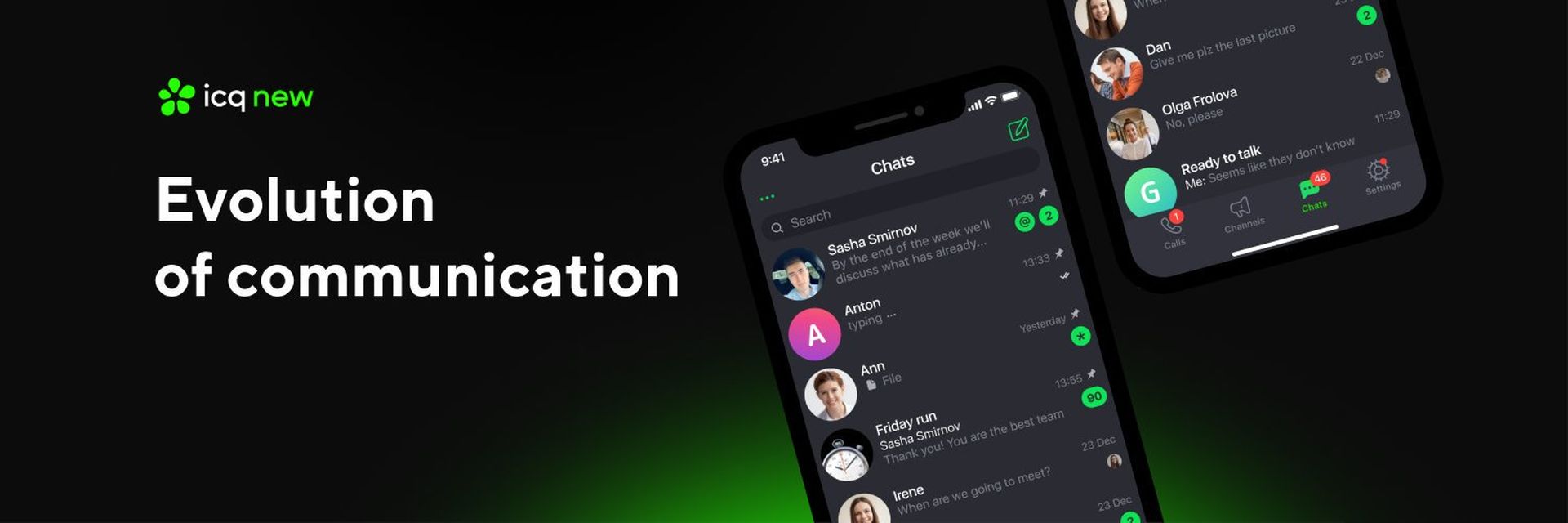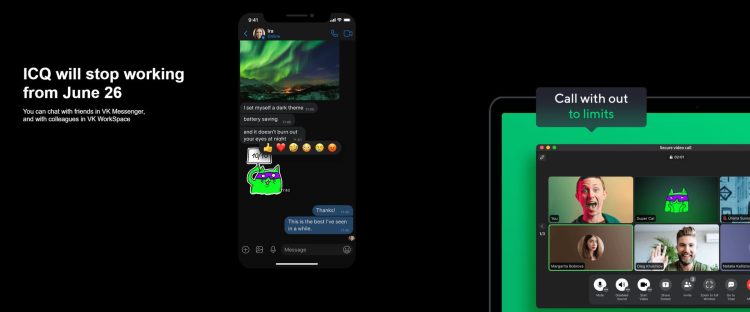The iconic instant messaging platform is bidding farewell after nearly three decades of service as ICQ shutdown news is upon us.
Russian company VK, which has owned ICQ since 2010, announced the ICQ shutdown news in a brief message on Friday, stating that the platform will cease operations on June 26th.
This news marks the end of an era for a platform that played a pivotal role in the early days of online communication but for those who are wondering what’s news, here is what the ICQ New X account published on May 24th:
— ICQ New (@ICQ) May 24, 2024
Why did ICQ shutdown?
Several factors contributed to ICQ’s decline and eventual shutdown.
First off, the rise of smartphones and mobile messaging apps like WhatsApp, Telegram, and WeChat impacted ICQ’s user base. These newer platforms offered a more seamless and convenient mobile experience, along with a wider range of features like group chats, voice and video calls, and stickers. As users migrated to these platforms, ICQ struggled to retain its relevance.
Over time, the platform’s features failed to keep pace with the evolving needs of users, who increasingly sought more advanced functionalities like end-to-end encryption, disappearing messages, and integration with other apps and services.
Also, under VK’s ownership, ICQ received limited marketing and promotion, further hindering its ability to attract new users or retain existing ones. The platform’s brand recognition faded as newer messaging apps aggressively marketed themselves and captured the attention of the younger generation.
All these led to ICQ shutdown news and therefore marked the end of an era.
From “I Seek You” to “You Are Gone”
ICQ, short for “I Seek You,” burst onto the scene in 1996, a time when dial-up modems and bulky CRT monitors were the norm. It quickly gained popularity due to its user-friendly interface and features like real-time messaging, file transfer, and customizable user profiles. ICQ’s unique “UIN” (Universal Identification Number) system became synonymous with online identity for many users.
The platform’s rise to prominence was meteoric. By the late 1990s, ICQ boasted over 100 million registered users worldwide. It became a hub for online communities, fostering connections across geographical boundaries and facilitating real-time conversations that were previously unimaginable.
In 2010, ICQ was acquired by Mail.ru Group, which later rebranded as VK. Despite the change in ownership, ICQ continued to operate, albeit with a diminished user base as newer messaging platforms like WhatsApp and Telegram gained popularity. VK attempted to revitalize ICQ by introducing new features and integrating it with its other services, but these efforts failed to recapture the platform’s former glory.

In recent years, ICQ’s user base dwindled further, with many users migrating to more modern and feature-rich messaging platforms. The platform’s interface once considered cutting-edge, began to feel outdated, and its features failed to keep pace with the evolving needs of users. Despite these challenges, ICQ managed to maintain a loyal following, particularly in Russia and other parts of Eastern Europe.
The announcement of ICQ shutdown news came as a surprise to many, but it was not entirely unexpected. The platform’s decline had been evident for some time, and its closure seemed inevitable in the face of fierce competition from newer and more innovative messaging platforms.
As we bid farewell to ICQ, we can reflect on its remarkable journey and the lasting impact it had on the world of online communication. While the platform may be gone, its legacy will live on in the countless other messaging platforms that have been inspired by its innovative spirit and user-centric approach.
Featured image credit: ICQ





